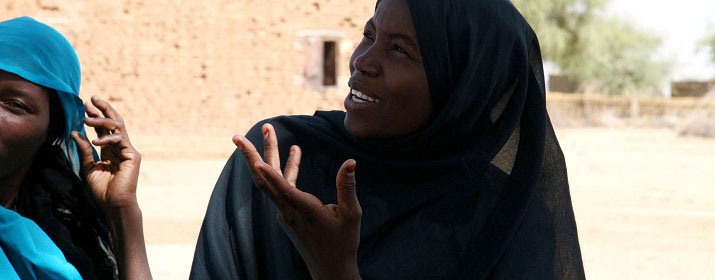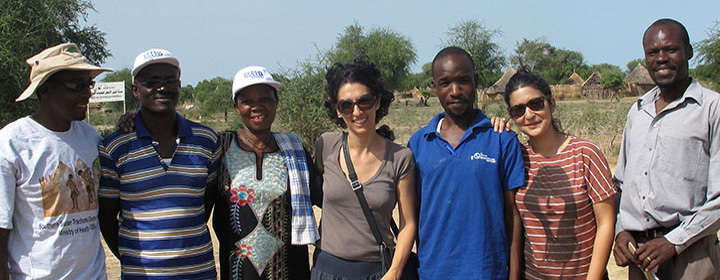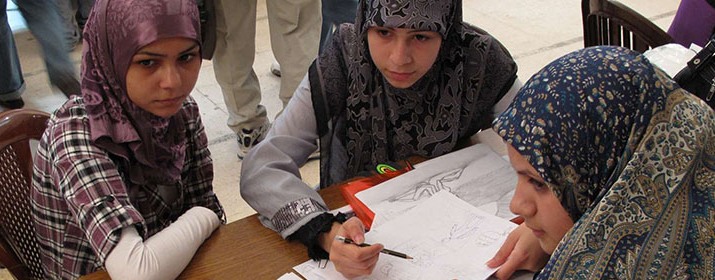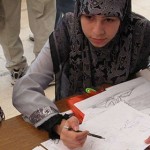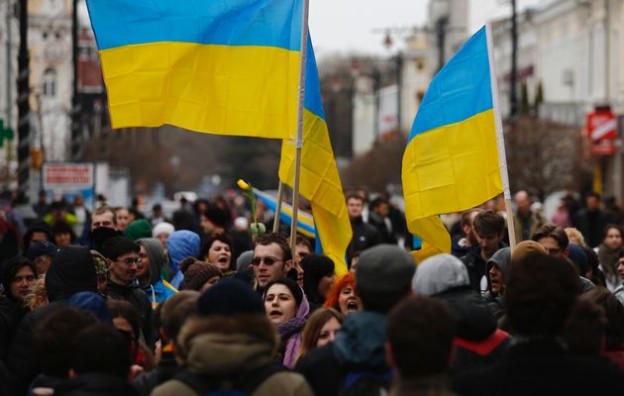TO EUROPEAN POLICY-MAKERS
The situation in Ukraine is rapidly worsening, with military escalations, real risks of disintegration and unpredictable consequences. It seems to be seeing, in Europe once again, what has been already experienced in former Yugoslavia, with devastating effects on civilians. This situation forces to rethink international politics and to seek for innovative solutions to tensions that may arise in countries as Ukraine, object of the tug-of-war between different contenders, which is reflected in divisions both internally and in its external relations. A delaying approach may be fatal, with possible repercussions on the future of Europe and on the continent’s peace. The ongoing strategy – growing antagonism, sanctions and counter-sanctions – is leading tensions and problems to escalate.
A clear indication of easing of tensions on behalf of all parties is needed, which reflects the
complexities and problems of the international context. Apart from official statements, some countries show awareness of this need. Based on our experience with conflicts, the analysis and evaluation of their effects during the last decades, and considering the victims and the suffering they generated, we believe that feasible innovative political lines may arise allowing to overcome the current impasse and moving towards a solution. These lines could be adopted by Ukraine, the EU, the NATO and the Russian Federation by way of intense political and diplomatic action.
1. Starting point must be the interest and difficulties of the contested country, Ukraine. If a
solution is to be found, European, Russian, American, Atlantic interests and those of other countries should indeed inform political choices, but they should be weighed in a long-term perspective. In the short-term, political interests are polarising and non-reconcilable; they feed the crisis rather than help solving it. A shift is needed from the contrasting logic of one’s own geopolitical and geostrategic interest to the logic of the crisis-affected country, Ukraine. This will allow moving towards a logic of shared interest. The latter is rooted in the deep interdependencies between EU/West and Russia, which are not only economic, but increasingly take the form of new threats and hazards that must be addressed in collaboration.
2. Countries like Ukraine, located at the border between two geopolitical areas characterised by
economic, political and cultural competition, should be accepted for what they are and should not be forced to choose which side to stand on. With one foot in the East and the other in the West, and with parts of its population clearly supporting one or the other side in this antagonism, Ukraine is much more than a country at the border between two civilisations. Active, open and dynamic neutrality would be beneficial not only to Ukraine, but also to neighbouring countries.
3. A Ukraine not adhering to the EU, neither to the Eurasian Union advocated by Putin, owning an active recognised neutrality and open to political, economic and cultural exchanges until possible partnerships with one or both entities could ensure the recognition and cohabitation of different nations within the unity of its territory. The country could also foster its economy, along with its cultural development rooted in the historical ties with the Russian and the European worlds.
4. A neutral Ukraine, open to cooperation with parties on all sides may also be a way of closing the gap between the EU/West and Russia. It could strengthen political-economic relations and mutual trust. Globalisation also forces us to rethink international politics, to identify and experiment new forms of inter-State affairs, to adopt an innovative stance on international relations – which will always involve power, but should tend towards ultimate cooperation – as a basis for further economic development and as the first foundation for peace in the Eurasian context.
5. Many mistakes have been made: by Ukrainians, European and Atlantic parties, and by Russians. Ukraine’s proposed adhesion to NATO inevitably fomented Russia’s reaction and increased tensions. Too often, in the last decades, political decisions have not adequately contemplate their foreseeable consequences. The results are plain to see: crises are multiplying. Political creativity is needed to rethink international relations, develop and frame new forms of coexistence between States and between Alliances of States. The current geo-political scene does not indicate that adhesion to the European Union, or to the Eurasian Union, may be in the best interest of Ukraine. Instead, it is in everyone’s interest that Ukraine can protect its own territorial integrity while recognizing the diversity of its communities, and that it can be open to political and economic relations and alliances with neighbouring countries in both Unions.
The European Union owns the political culture to promote new forms of pacific cohabitation that fit the complexity of our world today. These should not be based on the logic of ‘he who is not with me is against me’, nor solely on short-term and often non-reconcilable interests, nor on imaginary military threats or questionable and exacerbating sanctions. Instead, new international relation principles should prevail, alongside mutually beneficial collaborations. Ukraine could be the testing ground and the time has come for new and decisive attempts to achieve a political solution.
Rome, 27 January 2015
Link 2007 represents remarkable Italian NGOs engaged in both development and emergency
programs. These NGOs operate since decades, through the collaboration with European and
International institutions, creating long lasting collaborations in partner countries.


